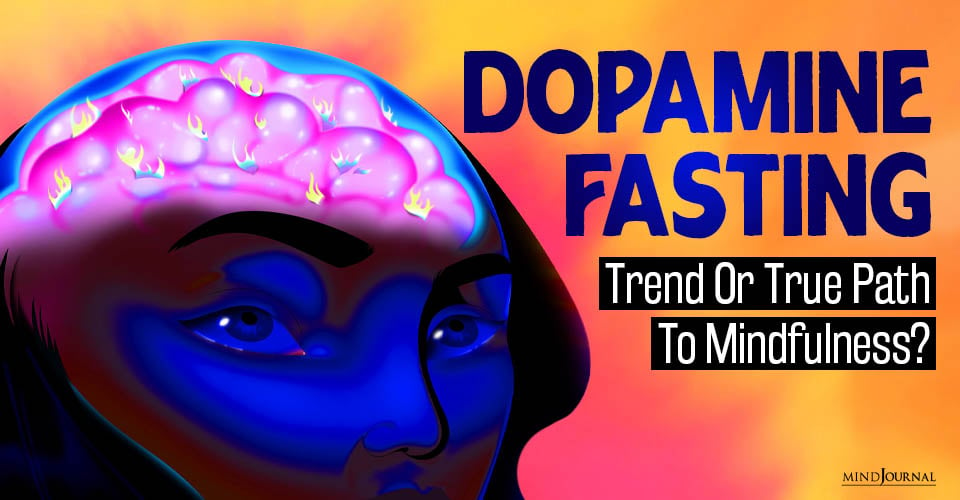It is our habits that define who we are. The mind is where ideas are conceived and what goes on in it influences our day-to-day actions and decisions. Being positive means developing a positive attitude towards life; always seeing things on the brighter side. And these people always stick to some habits which help them to create a happy and successful life for themselves.
Do you consider yourself as a positive or a negative person? This article will show what are some of the habits of positive people and what they do differently. This will help adopt positive habits, in case you do not have them.
Positive people don’t wait for life to change, so they can start enjoying it. They know that they can enjoy it right now. They also don’t worry about problems and obstacles. Instead, they set out to find ways to solve them.
Positive people possess certain character traits that help them view their life in a different way, and therefore, feel better and happier.
Have you wondered how positive people think and what makes their lives happier? What habits do they possess and what goes on in their minds?
Bellow, you will find a list of 10 things they do. With just a little perseverance, you can adapt to what they do and start improving your life.
Here Are 12 Habits Of Positive People:
1. Positive People Expect Their Plans To Work Out
They don’t let fears and worries let them down, and they don’t allow thoughts of failure to dominate their minds.
In their mind’s eye, they see their plans and their goals as accomplished. This doesn’t mean that everything will work out smoothly. Like everyone else, they encounter obstacles and problems, but they don’t let them stop them.
They always strive to find ways to overcome obstacles and solve the problems they face.
Related: 10 Habits That Cause Low Self Esteem And Depression
2. Positive People Don’t Dwell On Failure
If they fail, they don’t allow the failure to drag them down to negative thoughts, depression, and discouragement. If they fall, they get up, try again, or find alternative plans. This is one of the powerful habits of positive people that takes them on the road to success.
3. Positive People Are Always Busy Doing Something Useful
These people do not stay idle or passive. They want things done. This could be in on a small scale or on a big scale. This trait of character expresses itself in their private affairs, in their work, and in their relationships.
Related: Top 10 Bad Habits You Need To Stay Away From
4. Improvement And Growth
They always seek to improve themselves, their life and their behavior, and they strive to build constructive habits. They always try to do better whatever they do.
5. They Don’t Wait For Changes, They Create Them

Positive people don’t wait for change and improvement. They don’t blame their environment and other people for their life but set out to make the changes they want.
They don’t wait for luck, miracles, or for circumstances to change. They look for ways to make the change they want.
Related: 9 Relationship Habits That Are More Harmful Than Cheating
6. Positive People Learn To Let Go
Dwelling on negative events that happened in the past helps no one. It’s just a waste of time and energy and prevents you from living fully in the present. It’s like tying a heavy rock to your back. Learning to let go, sets you free from them.
Letting go of the past sets you free from many oppressing and useless thoughts and worries, and makes you feel happy. Letting go is like dispersing the heavy clouds in the sky that hide the sun, and letting the sunshine on your world.
Positive people find it easier to let go than negative people, because difficult for negative thoughts to lodge in their minds.
7. These People Do Not Wait For Happiness, They Create It
Positive people focus on happy events and on success. They seek ways to get results and refuse to be discouraged by people or circumstances. These people want to improve the quality of their lives and to create more happiness and satisfaction.
This attitude prevents any kind of negative thoughts from entering their minds. When there are no negative thoughts, there is more inner peace, and this leads to a sense of happiness.
8. Positive People Live In The Present Moment
They live in the present moment and enjoy it. They don’t dwell on the past or worry about the future. They might make plans for the future, but they know that to make these plans come true requires that they carry them out now, in the present.
9. They Search For Solutions
When facing problems and obstacles they search for solutions, and are sure they are going to find them. They will read, seek advice, make experiments, or try new ways, and eventually, they will solve any issue they might face.
They will do everything to overcome problems and hindrances, and if they are unavoidable, they will accept the situation calmly and make new plans.
Related: 15 Everyday Habits That Gives Away Parts of Your Personality
10. Positive People Do Not Complain
They know that complaining is a waste of time that leads nowhere. Comparing is opposite to their true nature, which is positivity and optimism.
11. Positive People, Never Consider Themselves As Victims Of Circumstances
To believe that you are a victim of circumstances and events shows a negative attitude toward yourself and toward life. It also means that you lack self-confidence and self-esteem. If you believe that you are a victim and act like one, you allow other people to pull your strings and affect your life.
Positive people don’t allow other people to pull their strings.
They know that blaming others for their problems and situation leads nowhere. They know that they should pull their own strings. They rely on themselves, are happy and confident, and expect productive results.
This attitude prevents negative thoughts from entering their minds and affecting their behavior.
12. Positive People Take Responsibility For Their Actions And For Their Life
They take responsibility for what they do or did and don’t blame others for their mistakes. This is one of the many beautiful habits of positive people.
They take action to make changes in their life, to progress, and to succeed, and do not wait for circumstances to change or people to help them.
How many of these habits do you find in yourself?
There are more positive habits except for these ones, but it is enough to start those mentioned here on your way to a positive life.
“Our attitude toward life determines life’s attitude towards us.”
– John N. Mitchell
“positive attitude can really make dreams come true – it did for me.”
– David Bailey
“Having a positive mental attitude is asking how something can be done rather than saying it can’t be done.”
– Bo Bennett
Written By: Remez Sasson
Originally Appeared On successconsciousness.com
Republished Here With Permission.












Leave a Reply